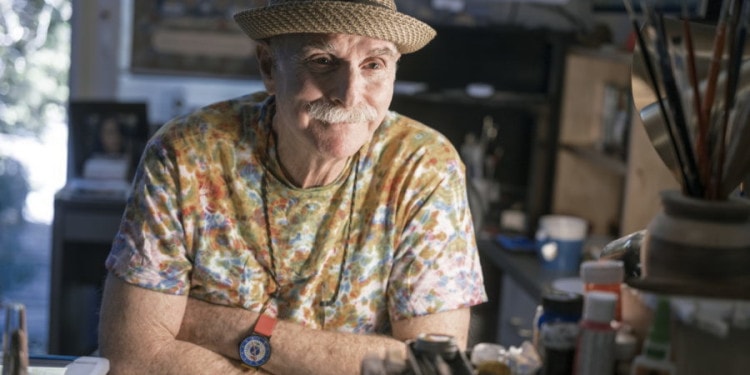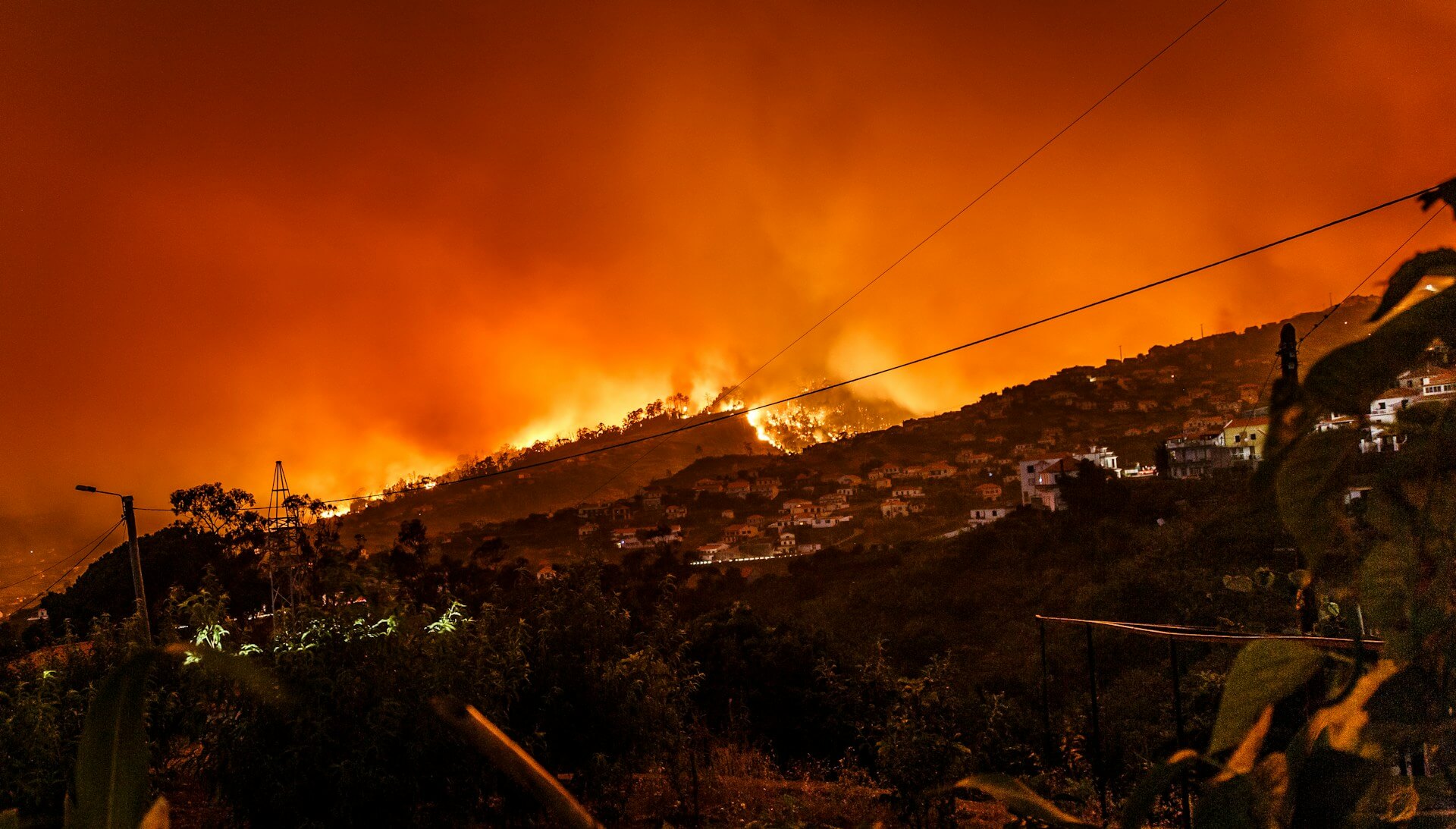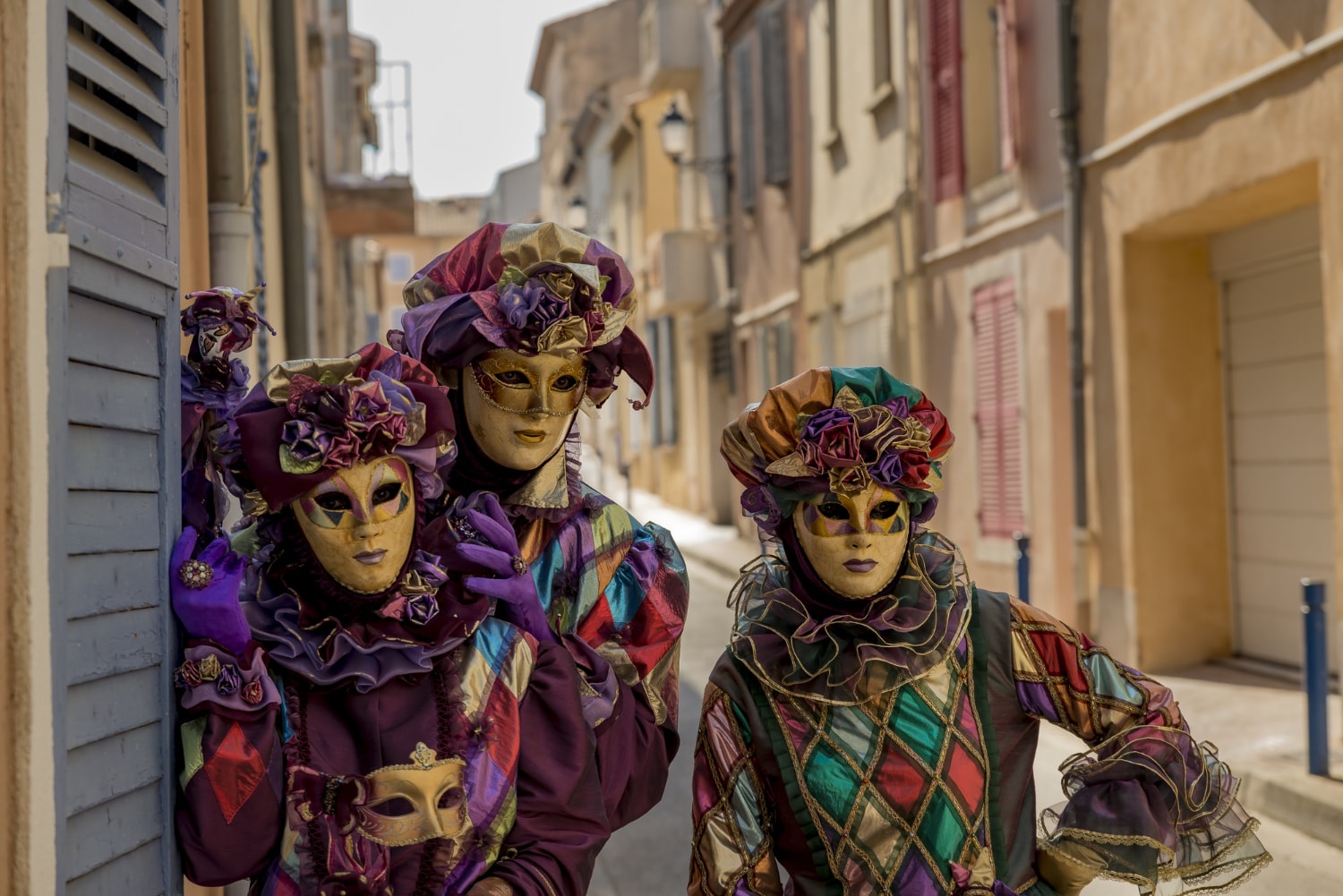Howard Rheingold, an American writer, critic, and artist. He is passionate about new technology and mind amplifiers; he published such books as “Tools for Thought: The History and Future of Mind-Amplifiers” (1984), ‘The Virtual Reality (1991), “The Virtual Community,” (1993) and “Net Smart: How to Thrive Online” (2012).
He has also invented the term “virtual community” and gave a TED Talk in 2005 about the importance of collaboration in a digital world.
Impakter Magazine had an inspiring conversation with Howard Rheingold about new technology, opportunities, and the threats they bring. The conversation led to the path of being a writer, what challenges Howard faced and what motivated him.
You wrote several books about new technologies and what impact they had on the social, political and cultural sides of our lives. How did it all start?
H.R.: Well, I’ve always been interested in tools for thinking. I was very excited about personal computers when they had just started entering our lives. I was using them for doing my research and for writing as well. Later on, personal computers let me raise a question about their origin. I did my own research, and, I found out, while Apple and Microsoft were taking a lot of attention, there was an intriguing and important story behind the technology.
In my book “Tools for Thought” I wrote about people who created what became now the Internet and the personal computer. All technologies that amplify, as Douglas C. Engelbart wrote, “augmented human intellect,” interested me because it seemed then, in 1970s, that one of those technologies will become powerful enough, that people would be able to think and communicate in ways that they were not able to do before.
A lot of attention was and is still paid to the industry that created new technologies and to the money that has been generated from it as well. However, I felt that it was important to understand how we use digital media and networks, what has been changed in our relationships and in the way of thinking, and I wrote several books, seeking to understand where we might be headed.
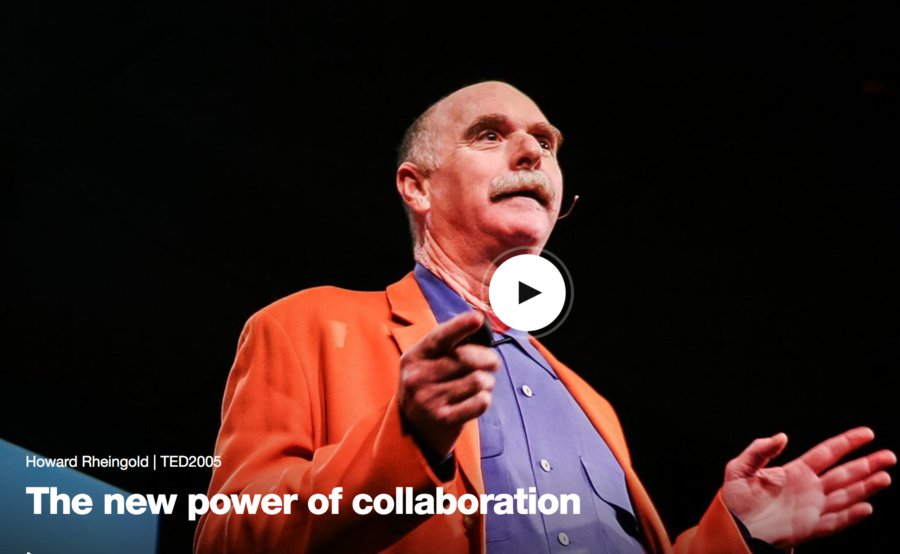
In your books, you have predicted the rise of new technologies. How accurate were your predictions?
H.R.: In 1985 I wrote a book “Tools for Thought,” predicting how personal computers might end up. In 1992 I wrote the book called “The Virtual Community” when I was thinking about social media.
I think, yes; they were pretty accurate. I don’t think anybody could have predicted many of the things that have happened. When we were using modems to communicate with black and white text on the screen in the 1980s, it was obvious that, as the technology was developing, other types of media might appear. But I don’t think anyone could have predicted that people would be uploading hundreds of hours of amateur videos every minute on YouTube. It was easier to see that things like the World Wide Web or Wikipedia might happen when people work together. I think there was a combination of what was easy for me to predict and what was difficult for me or anyone else to foresee.
During the time when people were particularly enthusiastic about new technology and digital culture, I did warn them about possible dangers, particularly that political danger within the public sphere. I am always trying to foresee not just the benefits but the dangers of new technologies.
How exactly did you make a forecast for new technologies?
H.R.: Well, I was fortunate to be able to talk with many people who created the technology and who were still alive at that time. I think the most important thing I did was to speak to those people. Besides that, as any good writer does, I did my research.
H.R.: Well, over all those years, while I was writing books about new technologies, I faced the question, which has been posted by myself and by others. The question was “Are these new tools for building a new culture? Are they good for us as individuals, as communities and as democracies or are they bad for us?” I came to the conclusion that they depend not so much on the technology itself but mostly on the literacy, on what people know how to use those tools.
In 2012 I wrote a book called “Net Smart: How to Thrive Online” about essential social media literacy: Attention, Crap Detection, Participation, Collaboration and Network Awareness. The first of those is Attention, which is the basis for thinking and communicating. Nowadays businesses are constantly competing for our attention. Their business model on the Internet and the mobile web is to attract and retain our attention so that they could sell advertisements. Companies’ profits depend on how good they are in attracting our attention, using different methods for distracting us and drawing our attention to the apps. Controlling the attention, that was something I foresaw, is now important.
The second literacy is called Crap Detection, the ability to determine the reality of the information we see online. Well, we live now in the era where you can ask any question at any time and get a million answers, but it is up to you. The person who asks the question should identify which of those answers contain right information and which of them not.
Unfortunately, we have witnessed already the usage of weaponized artificial intelligence, propaganda, fake news, disinformation which manipulate the way people think. They are mostly created for commercial and political reasons. So we need to teach children and students to be able to think critically about the information they get.
I forecast that what’s important is not just to focus on the technology itself, but on what people know about how to deal with it. If there are more people who don’t understand how to deal with new technology, then we, as individuals, will be manipulated by people who know how to use those tools to distract us and deceive us.
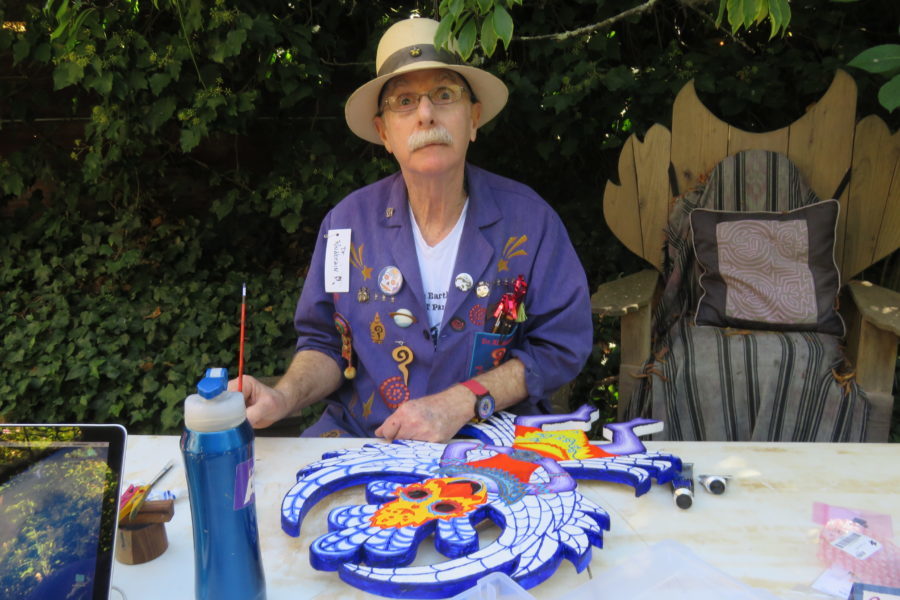
Howard, you are not only a writer and explorer, but you are also an artist. How did you find your artistic side?
H.R.: When I was studying at school, as a young child I objected to being forced to sit on a chair and be quiet all day while teachers were talking to me.
I was labeled as a troublemaker, and all troublemakers were sent to the art class because the art teacher was the only one who let us run free. Fortunately, the art teacher in my school was my mother, and her philosophy was that all people need to express themselves creatively and artistically.
Throughout my life, I have expressed myself creatively. I discovered that that was a kind of a language for speaking of myself and opening a channel to that intuitive subconscious part of my mind. Being able to forecast the future had a rational, scholarly scientific side in a form of doing research and interviewing people but it also had to do with an intuition, looking into signals around, connecting dots and trying to picture the future. It comes from the part of my mind that I had developed through my art. So to me, there has been always a strong connection between my art and the topics I have written and spoken about.
How are technology and art connected? What is your opinion about it, from the artist’s perspective?
Yes, they are indeed connected. Art is also driven by my learning. I did paint on spider web years ago, I was carefully painting on the canvases with a white acrylic paint with a very fine brush on the spider web, creating a kind of 3D landscapes on the canvas.
Now new technology enables artists to bring sound and motion in the art. I realized that I could include programmable LEDs and illuminate the spider webs. That motivated me to learn electronics and programming.
Art and technology have always been connected. I think artists always explore possibilities that are opened to them by new technology. Now I am using microcontrollers, LEDs, speakers, and sensors to make my art responsive to the viewer. Art should not to be necessarily a passive experience, you can become involved in the experience itself.
What has inspired you to create your own shoe collection?
H.R.: Why do we all have only to buy fashion, which was created by someone else, why can’t we just build our fashion?
I think it is essential to make, create and explore the world for ourselves and not just buy what brands are selling to us. We would not have the web: the government or a company did not create it. The web was created by millions of people that put up websites and linked to each other.
Encouraging participation is crucial. Otherwise, we are going to end up only consuming the fashion. We need to create our own websites; we need to create our new ways of using the technology, and not just to consume.
Again I have talked about central social media literacies. I started with Attention, Crap Detection and the next one is the Participation. People who know how to participate online do better for themselves. If we leave the participation of only big companies, then we are going to have a very reduced culture. Otherwise, we are going to have an expanded culture; we are going to have new Googles, Twitters or Facebooks, all of which will be created by people who knew how to participate if we continue to participate as individuals.
How did you find time, energy and motivation for everything you have accomplished?
H.R.: Well, I am 70 years old right now. When I was 23, I decided that I was going to make a living as a writer and I thought of two things. One was that my goal was to be able to think about what I want to think about and do what I want to do. It took me awhile to get there. Another thing that I realized was that it would involve a trade-off between financial security and intellectual freedom.
I did not know exactly how I was going to pay my bills, but my goal was to be able to do something that I thought was meaningful. It took me some years to learn my craft and write about things I was not interested in so much. But now, 50 years later, I think that it was the right decision.
I think it is important when you are able to think about what you want to think about and not just what your boss wants you to think about or your teacher wants you to think about. And you do that every day: day after day, week after week, month after month, year after year.
I felt that that was an essential goal in my life: to do something meaningful. Each of us needs to find a role to play that will help to ensure a more humane and sustainable future. So my pursuit of individual freedom of thought was connected to my commitment to contribute.
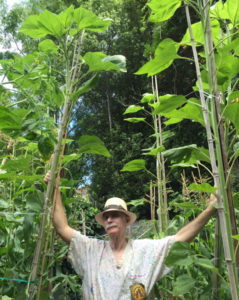
Everyone had probably a situation when they drifted from their course, feeling helpless and are willing to give up. Did you ever find yourself in that situation, and if so, what did you do?
H.R.: Personally speaking, my life was not easy; I took a lot of day jobs. I was working as a babysitter, as a typist; I also worked in light and steel construction, I was moving a big cart of beer bottles around in a warehouse; I was a file clerk, and that enabled me to buy time to learn my craft.
If you have a goal, it is not going to be directly handed to you. You need to work towards it, and you need to do a lot of things, that will get you there, but maybe you would prefer not to do them. But if you keep your eyes on the price, when you are formally committed to your goals, it will end up being worthwhile.
I think people are frightened to step out of their tracks because they are afraid of what is going to happen to them. There are many obstacles which a lot of people face, but I think, once again, if you have a clear vision of what your personal goal is and what role you would like to play in the world, then you will overcome your obstacles.
And I have to say that the years of working on those jobs were part of my education. I understood what it is like to be feeling so tired when I got home from work and I could not take my shoes off. I realized what it is like to have a tedious job, where I was counting how many minutes were left until it was time to go home. I think it is important to pay dues to those jobs.
Would you like to share a piece of advice for our readers?
H.R.: For many years the signature I’ve used for my emails was “What it is – is up to us.” I think that is probably the most important advice I would give to a young person. I think it is important not just to be a consumer, but rather to participate and try to understand that we are at a crucial point in history. Your future, at least in some part, is in your hands, and you have the power to shape it, but you cannot shape it if you do not understand that.
Editors Note: The opinions expressed here by Impakter.com columnists are their own, not those of Impakter.com Photo Credit: Howard Rheingold


